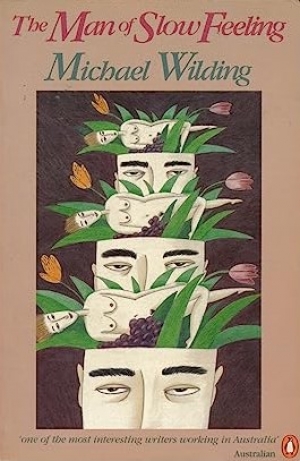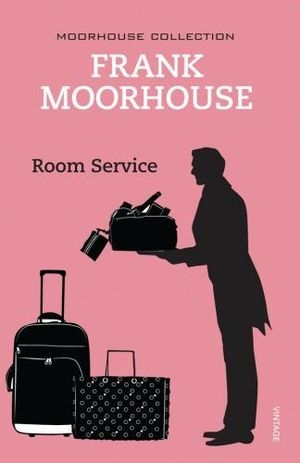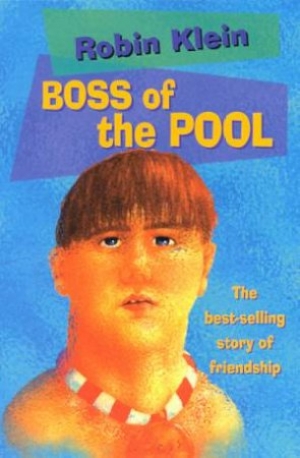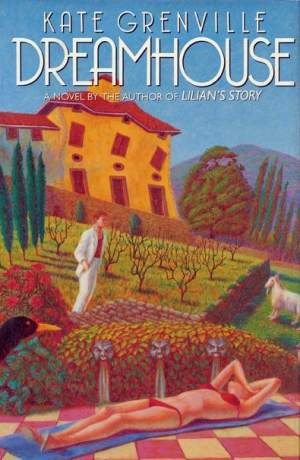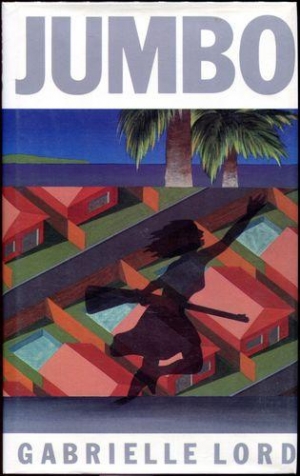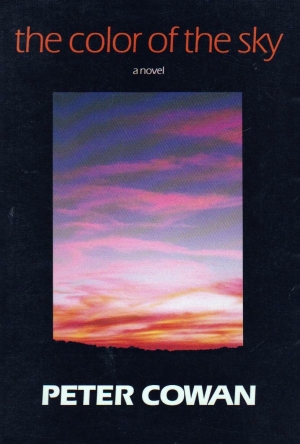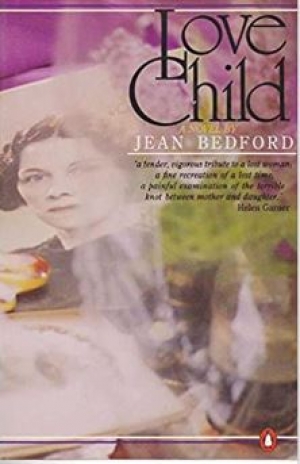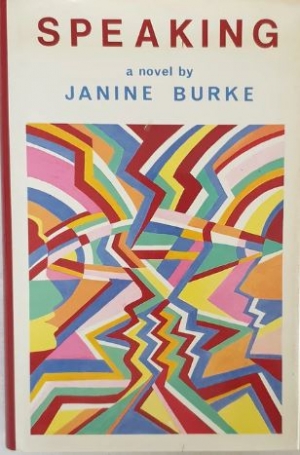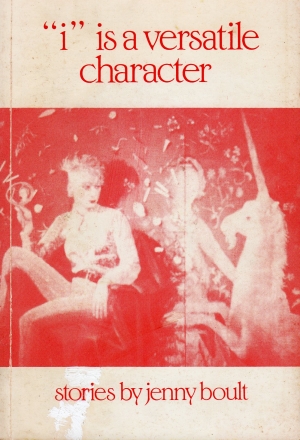Fiction
Sandra Moore reviews 'The Man of Slow Feeling' by Michael Wilding
‘The Man of Slow Feeling’ is the title story of a selection of Michael Wilding’s short stories published between 1972 and 1985.
These stories vary widely in setting, content, character, tone, but Wilding’s voice is consistent. By ‘voice’ I mean that if I was given an unidentified story in an envelope I’d be able to tell if it was Wilding’s before I was halfway through. It would be a plain, sealed, brown-paper envelope, of course.
The voice I hear is that of the writer as condemned observer. It records experience, it records itself in the midst of experience, it records itself recording. The title story is apt: the man of slow feeling is broken in the attempt to record and experience at the same time. The voice telling the stories is so distinctive that very soon I gave up trying to keep writer and writing separate in my mind. Whether they are first person narratives or not, the stories are intensely personal. They always seem to reveal what the writer chooses to expose of himself.
... (read more)Kate Ahearne reviews 'Room Service: Comic writings of Frank Moorhouse' by Frank Moorhouse
Reading Frank Moorhouse is a bit like learning to cook silver beet in some newfangled way and discovering that for years you’ve been chucking the best bits out.
... (read more)Mark Macleod reviews 'Boss of the Pool' and 'The Princess Who Hated It' by Robin Klein
I think it’s time for Robin Klein to slow down, though my ten-year-old daughter Finley wouldn’t thank me for saying so. She almost shivered with excitement last year as she told me that her teacher was reading a chapter of Hating Alison Ashley to the class each day. ‘I just can’t wait for the next bit,’ she said, ‘but I don’t want it to end.’
... (read more)Dreamhouse, written before the wonderful Lilian’s Story (1984 Vogel winner), was the Vogel runner-up in 1983. Kate Grenville’s writing in this novel is clear-headed, strong, both witty and humorous, and above all lifts the imagination high. Dreamhouse wins my ‘Chortle, Gasp’ Prize for black comedy incorporating a design award for ‘best romantic fiction parody’ (it could have been called A Summer in Tuscany). It’s a darkly delightful book to read. Subversion of romantic expectations is immediate, ingenious, and horribly funny. Louise Dufrey is one half of an unlovely couple whose marriage looks perfect but is actually defunct.
... (read more)Gabrielle Lord’s novels – Fortress, Tooth and Claw and now, Jumbo, are all topical, readable, and (I expect) highly marketable. Lord is a scriptwriter as well as a novelist and each of these books seems like a transit point between a great idea and the kind of film which makes you lean forward in your seat and temporarily abandon regular breathing. There is, however, much to be said for them, as novels. They are thrillers, but they are not merely escapist. The plots dislocate everyday events in a way which questions the validity of what passes as socially acceptable. On the other hand, pace, suspense, and social critique seem to substitute for the subtlety and detail which would transform these books into something more than temporarily exciting and even instructive reading experiences. For all the immediacy and significance of Lord’s novels, the vibrancy of her work often seems to me to lie in its potential, rather than in the text at hand. In this respect Jumbo, the most recent novel, does not surpass its predecessors.
... (read more)Peter Cowan’s new novel The Color of the Sky is an elliptical, even enigmatic, narrative. Although specifically labelled a ‘novel’, it is a novella in its concision pf narrative explanation; as well as in its length. The layers of event and reminiscence are multifarious enough to fill out a hefty tome but are compressed in such a way that they become almost cryptic messages requiring considerable deciphering on the part of the reader.
... (read more)It must have seemed as natural to Penguin as money in the bank to ask Helen Gamer to provide a few enticing words for the cover of Jean Bedford’s new book, Love Child. Here, it would appear, is a book very much in the Garner backyard – short, domestic, ‘certainly not ‘loud’ or attention-seeking, but nicely crafted.
... (read more)
I met Janine Burke once. I had just finished a pleasant meal upstairs in Caffe Sport in Lygon Street, Carlton. Walking out, I saw a friend at another table. She introduced me to Janine Burke. To use a chosen word of the central character of Speaking, I felt a dill. How do you sound sincere when you say ‘I thought your novel was absolutely terrific’, when the novel has been sitting quietly around for twelve months and the review journal of which you are associate editor hasn’t managed to review it? I stumbled down the downhearted stairs thinking that they had more credibility than I did.
Kenneth Gelder reviews 'Portrait: A west coast collection' by B.R Coffey and Wendy Jenkins
Portrait presents a selection of short stories and poems from twenty-four writers from Western Australia: it celebrates a decade of publishing by the Fremantle Arts Centre Press by recognising (to quote from the brief introduction to this collection) ‘the achievement of writers who have been part of the history of the Press’. As we would now expect from this Arts Centre press, the book is beautifully produced, its stunning cover lifted from a painting by Guy Grey-Smith. In fact, the title of the collection itself announces the link between fine art and the writing this book contains. This is a ‘portrait’ of a publishing house and the writers it has fostered, and the stories and poems are themselves ‘portraits’ of people, places, flora and fauna, streets, and houses – colourful, exotic, introspective, delicate, distanced, isolated.
... (read more)Mark Roberts reviews '"I" is a Versatile Character' by Jenny Boult
Jenny Boult’s sixth book ‘I’ is a versatile character is also her first book of prose. It follows her play Can’t Help Dreaming which was performed by the All Out Ensemble in Adelaide, and four books of poetry, including The Hotel Anonymous, which won the 1981 Anne Elder Award.
The stories in this collection vary greatly in form and content, but they share a particular ‘poetic’ style which is rare among contemporary Australian prose writers. Although Boult is by no means the first Australian poet to publish fiction, she has been more successful than most in bringing to her prose many of the skills she has developed in writing poetry.
... (read more)
